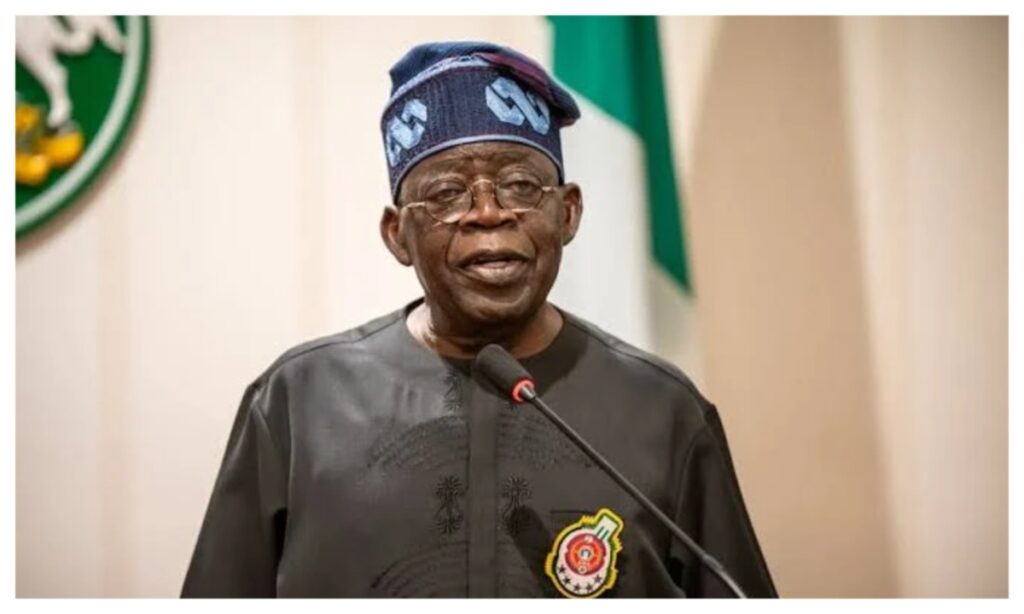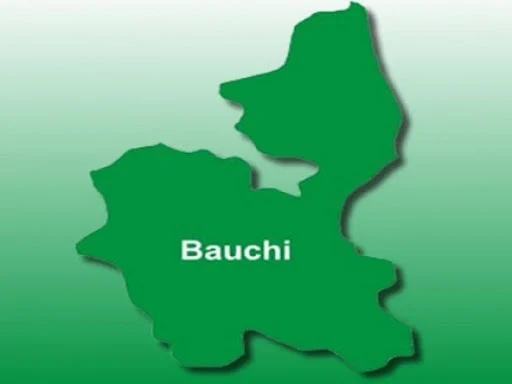Now Reading: PENGASSAN, NUPENG Warn Tinubu Against Selling Nigeria’s Oil Assets
-
01
PENGASSAN, NUPENG Warn Tinubu Against Selling Nigeria’s Oil Assets
PENGASSAN, NUPENG Warn Tinubu Against Selling Nigeria’s Oil Assets

Nigeria’s two most powerful oil sector unions have rejected Federal Government plans to sell off significant stakes in joint venture (JV) oil assets managed by the Nigerian National Petroleum Company Limited (NNPCL), warning it would endanger the nation’s economic future.
At a joint briefing in Abuja on Tuesday, leaders of the Petroleum and Natural Gas Senior Staff Association of Nigeria (PENGASSAN) and the Nigeria Union of Petroleum and Natural Gas Workers (NUPENG) said the proposal to cut government holdings in JV assets by up to 35 per cent would cripple NNPCL, threaten jobs, and undermine Nigeria’s long-term energy security.
“The government wants to reduce its stake in these assets. In some cases, they are talking of selling up to 35 per cent. But we say no. You cannot mortgage the future of Nigerians for temporary gains,” declared PENGASSAN President Festus Osifo, flanked by NUPENG’s Williams Akporeha.
Quick cash, long-term risks
The Federal Government currently controls between 55 and 60 per cent of JV assets, with NNPCL managing them on behalf of the federation. While the proposed sale could deliver immediate revenue, the unions argued it would strip Nigeria of vital earnings, weaken NNPCL’s ability to pay salaries and meet obligations, and drastically cut contributions to the national budget.
They pointed to recent divestments by international oil majors—ExxonMobil, Shell, and ENI’s Agip—whose Nigerian assets were sold to local companies such as Seplat and Oando, insisting that further dilution of government stakes would leave the national oil company too fragile to operate effectively.
Policy uncertainty deepens
The backlash comes after President Bola Tinubu tasked the Economic Management Team, led by Finance Minister Wale Edun, with reviewing NNPCL’s deductions under the Petroleum Industry Act (PIA) to improve government savings and fiscal discipline.
But the unions warned that revisiting the PIA barely three years after it became law risks creating uncertainty in a sector that only recently achieved long-awaited reforms.
“Every oil well belongs to the Nigerian people collectively, not just the Federal Government. If these stakes are sold, the federation loses, and NNPCL becomes too weak to deliver,” Osifo cautioned.
The standoff sets the stage for a major confrontation between organised labour in the oil sector and the Tinubu administration over the future of Nigeria’s most critical revenue source.




